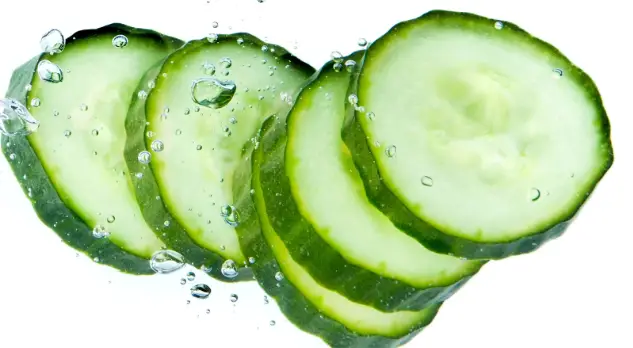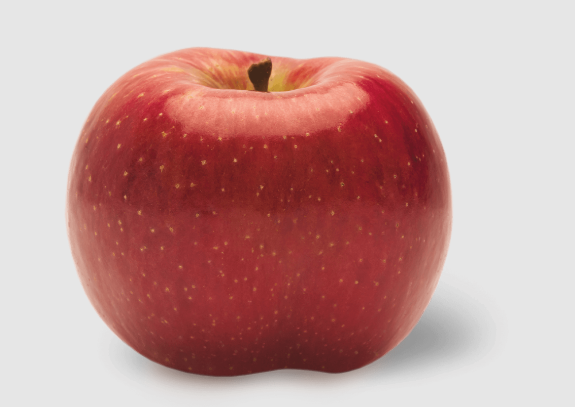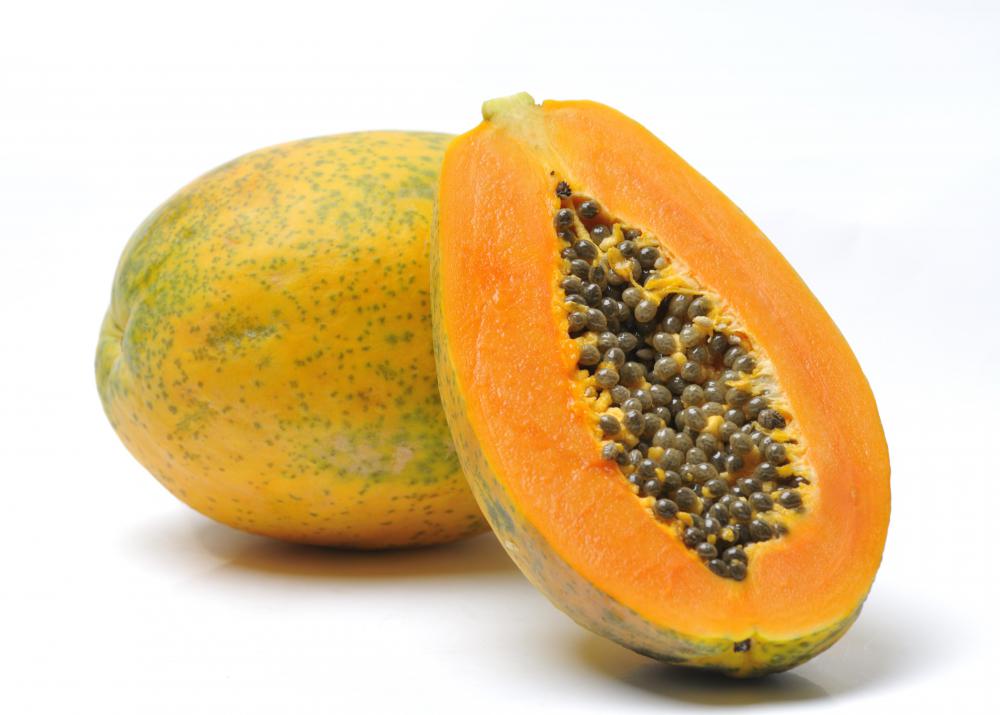Have you ever seen a cat freak out over a banana? It might make you laugh, but cats are seriously scared of this fruit! Lots of people are curious about this strange fear.
In this article, we’re going to take a closer look at why our furry friends might be afraid of bananas. We’ll consider things like their natural instincts and how they use their senses.
Table of Contents
- Exploring Why Cats Get Scared
- 1. Why Cats Feel Fear
- 2. What Frightens Cats Often
- The Scary Side of Bananas for Cats
- 1. How Bananas Look to Cats
- 2. A Cat’s Sharp Smell
- 3. When Curiosity Meets Caution
- 4. Bad Memories With Bananas
- Helping Cats Not Be Afraid of Bananas
- 1. Slowly Getting Used to Bananas
- 2. Giving Treats for Bravery
- In Conclusion
- FAQs
- Do all cats get scared of bananas?
- What makes some cats play with bananas?
- Is it okay to give my cat treats to make them like bananas?
Exploring Why Cats Get Scared
1. Why Cats Feel Fear
To get why cats might fear bananas, we should first think about what scares cats in general.
Cats are super alert animals that use their instincts a lot. They tend to be wary of things they don’t know. This is really clear when they come across new things or if something moves quickly near them.
2. What Frightens Cats Often
Cats can be scared of all kinds of things. Loud noises like thunder or fireworks can spook them, as can things like vacuum cleaners and strangers.
These fears sometimes come from bad experiences, but the fear of bananas might not seem so obvious.
The Scary Side of Bananas for Cats
1. How Bananas Look to Cats
One reason cats may not like bananas is how they look. Cats have really good eyesight and notice things moving quickly.
The yellow color and long shape of a banana might remind a cat of a snake or something else scary. This can make them act defensively even though the banana won’t hurt them.
2. A Cat’s Sharp Smell
Cats can smell much better than we can.
The smell of a banana might be too strong for cats. Their powerful noses help them figure out their world and notice danger. If a banana smells too intense, a cat might get worried or confused.
A banana’s skin gives off chemicals like ethene that could seem like a danger signal to a cat. So, when they smell bananas, they might think there’s a threat around.
Even if a cat’s just curious at first, once they get a whiff of the banana’s smell, they might get scared and want to stay away from it.
3. When Curiosity Meets Caution
While cats are super curious creatures, they can also be really careful.
If they see something new, like a banana, they might decide it’s safer to stay away rather than checking it out. This shows how they often choose to avoid possible dangers.
4. Bad Memories With Bananas
Some cats might learn to be scared of bananas if they had a bad experience with them before.
If a cat felt scared or threatened near a banana once, it might start to think bananas are always scary. This kind of fear can stick around, even in different situations.
Helping Cats Not Be Afraid of Bananas
1. Slowly Getting Used to Bananas
If your cat is scared of bananas, you can help them get used to them slowly.
Start by having a banana far from your cat so they can see it without being scared. Over time, you can bring the banana closer, watching how your cat reacts. Give them treats when they stay calm and make sure they have a place to go if they’re still afraid.
2. Giving Treats for Bravery
Encouraging your cat with treats and fun times can also help. When they’re calm around a banana, give them something good. This can help them start to feel better about bananas bit by bit.
In Conclusion
It’s funny to see cats scared of bananas, but their fear is based on how they see, smell, and learn about their world. All these things could explain why bananas seem scary to them.
It’s important to be understanding about their fears. With a little time and patience, you can help your cat feel okay about bananas.
Remember that every cat is different. By being supportive and patient, we can help our cats deal with their fears and be happy.
FAQs
Do all cats get scared of bananas?
Not every cat is afraid of bananas. While there are cats that might seem scared or want to stay away from bananas, there are also cats that are curious or just don’t care about them. Cats are different from each other and they react to things in their own special ways.
What makes some cats play with bananas?
Cats are interesting animals with lots of different behaviors, and being playful is one of these behaviors. To some cats, bananas can be fun toys. They might like to hit them, jump on them, or chase them. Some cats might treat bananas like toys instead of something scary. How a cat acts with a banana depends on what that specific cat is like.
Is it okay to give my cat treats to make them like bananas?
Giving your cat treats can be a good way to get them to be curious about bananas. If your cat starts to think of bananas as something that means they get treats or playtime, they might start to feel happier and less scared when they see a banana. If you do this over and over, your cat might change how they feel about bananas.









